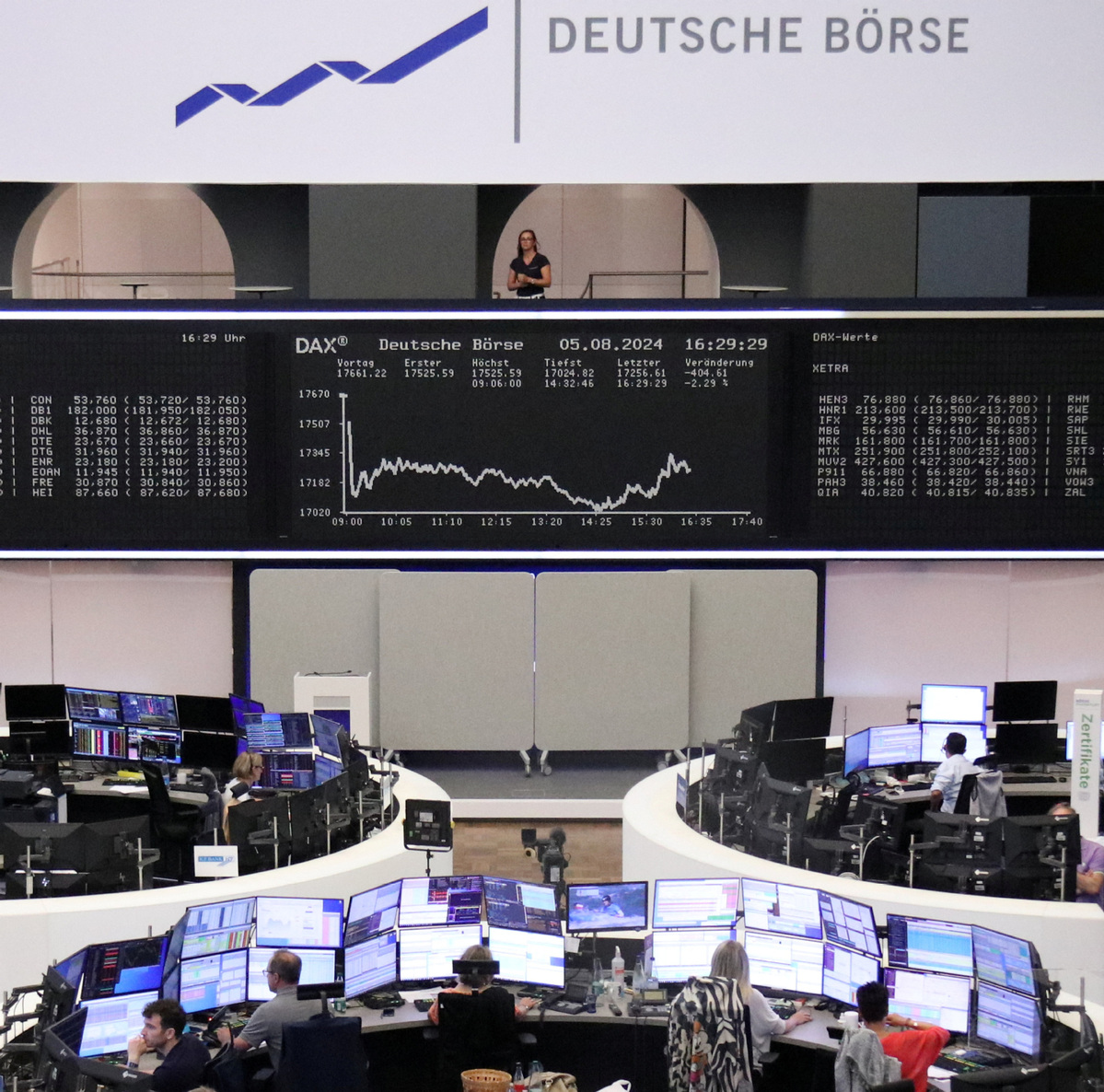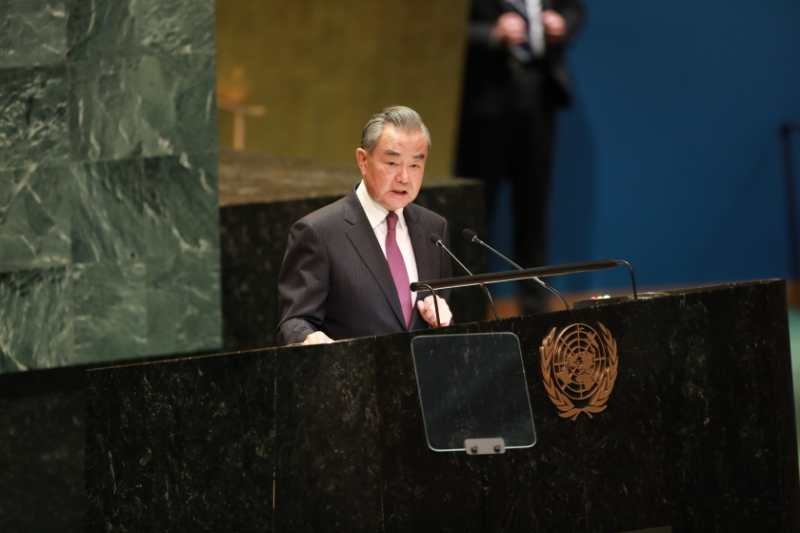European markets fall over concern about US economy


Concern in Europe about the health of the United States economy led to sharp falls in the continent's stock markets on Monday.
The prospect of the world's largest economy slowing down meant London's blue-chip FTSE 100 index was 2.4 percent down soon after the start of Monday trading, some 193 points below the previous level of 7,982, the largest fall in more than a year. At the end of the day, it was 187 points, or 2.1 percent, down.
The pan-European Euronext 100 Index slumped 3.5 percent at the start of the day, and the Dax in Frankfurt fell after its opening by 3 percent. France's CAC 40 opened and immediately fell 2.6 percent. The three indexes ended the day down by 1.9 percent, 3.5 percent, and 1.6, respectively.
The dips in Europe mirrored sharp drops across Asia on Monday, where Japan's Nikkei 225 fell 12.4 percent and markets in Australia, China, India, and South Korea also saw worrying drops. The Nikkei's performance was its worst since the day known as Black Monday in October 1987.
The slumps followed news from the US on Friday that the number of new jobs created there was lower than expected and that the unemployment rate had risen from 4.1 percent to 4.3. The updates followed other recent economic indicators that point to a cooling of the economy, including the US Federal Reserve's decision not to cut interest rates, and financial results from companies, including Amazon and Intel, containing disappointing numbers.
European markets were also reacting to reduced optimism about the impact of artificial intelligence and the prospect of additional conflict in the Middle East pushing up oil prices.
Tan Boon Heng, of Mizuho Bank in Singapore, told The Telegraph newspaper: "The scenario of higher unemployment constraining spending and further restraining hiring and incomes and economic activity leading to a recession is the feared scenario here."
Chris Beauchamp, chief market analyst at online trading platform IG, told the Associated Press: "Markets are in absolute turmoil … thanks to the Nikkei 225's biggest one-day drop since 1987, which has wiped out the index's gains for the year."
He said US stock exchanges were also likely to fall sharply in the coming days.
"This is a perfect demonstration of what happens when everyone tries to sell at once," he said. "Such moves don't stop in a single day and we likely have a summer of volatility ahead of us."
CNBC business presenter Karen Tso described the global selloff as a "very big market event playing out" and could have a significant impact on global interest rates.
Analysts JPMorgan said they now feel there is a 50 percent probability that the US economy will go into recession.
































